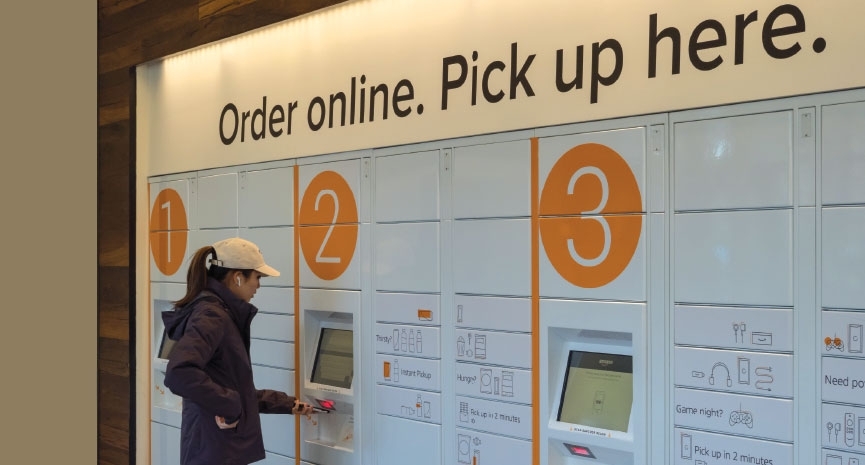FROM MAGAZINE: The New Logistics Economy
It was four decades ago but I remember it like it was yesterday. My first job out of college was as a cost analyst for a manufacturing company, barely putting my economic degree to use by costing out bills of material.

It was four decades ago but I remember it like it was yesterday. My first job out of college was as a cost analyst for a manufacturing company, barely putting my economic degree to use by costing out bills of material.
Little did I know these costing projects were an audition to become the company’s purchasing agent, a quaint but accurate title in those pre ‘supply chain management’ days.
I was requested to attend some procurement training at a local certificate mill.
During the first few hours, we went over the pertinent areas of a purchase order. When it came time to discuss ‘shipping method’, the instructor said always write in ‘Best Way’.
He followed up with the remark that ‘no one cares about shipping anyway’. He ignored my follow up and I dreamed of naming my trucking company “Best Way” in order capture the unintended market share.
Fast-forwarding through the decades, his comment cannot be further from the truth. Today, logistics and fulfilment is the underpinning of any successful supply chain management processes, be it in the business or consumer markets.
I don’t have to look too far past my own front door to see the almost daily confluence of deliveries for traditional and non-traditional goods and services in my suburban neighbourhood.
Online ordering has certainly had a massive impact on the growth of logistics and bringing it into the mainstream allowing consumers and business alike more control over the delivery process.
We can track these deliveries through a variety of online tracking tools — call it point and click transportation management.
While we seem to be caught up the fulfilment trap, where most every order seemingly needs to be delivered in hours by autonomous vehicles or drones, we tend to lose sight of some familiar logistics providers that still provide value today.

Consider some of the other providers that contribute to the logistics economy, often overlooked in the preponderance of online ordering.
Their services may not be very technology driven, but rooted in customer service and support.
They deserve acknowledgment, because we cannot have a new logistics economy without an old one for comparison.
- Heating oil is delivered monthly to all of the houses in the neighbourhood by several different dealers who refill their truck daily at the regional depot, serviced by large tankers coming into the Port of Boston. Same for the local propane deliveries for those who cook or heat by that fuel.
- The drycleaner has a twice-weekly pick-up and delivery service, with only the occasional blizzard affecting the schedule.
- Garden and landscape companies, and their crews, are prevalent in the spring and summer, until they pull their snowplows out for their winter work.
- Trucks and deliveries from the mega furniture and appliance stores, not their web based cousins, seem to be the suppliers of choice in my community.
- School busses network my region, slowing down package deliveries but delivering hundreds of students to their classrooms.
- Several doggy day care provide pick-up and delivery services
- The local pharmacy competes with the giants by taking drive through pick-up one-step further…by delivering prescriptions to their housebound customers.
- Elderly neighbours get meal delivery from the local senior centre, along with some home health services.
- The local pizza shop owner delivers lunch, not through a third party
gig driver. - Dialling three digits on the telephone brings police, fire, and EMS to the door, in a matter of minutes.
All logistics providers focus on fulfilment and customer satisfaction.
In the near future, I might be peaking out my front door looking for the emergency drone delivering my toner and office supplies.
Instead, I may see the flashing red lights of the school bus stopping at the corner, delivering a different type of cargo.
That’s logistics also.
Rich Weissman is a principal consultant with Rich Weissman & Associates. He is an experienced supply chain management practitioner and educator who works with businesses to build scalable and sustainable supply chain strategies.
This feature was originally published in January - February 2020 issue of Logistics Update Africa.


